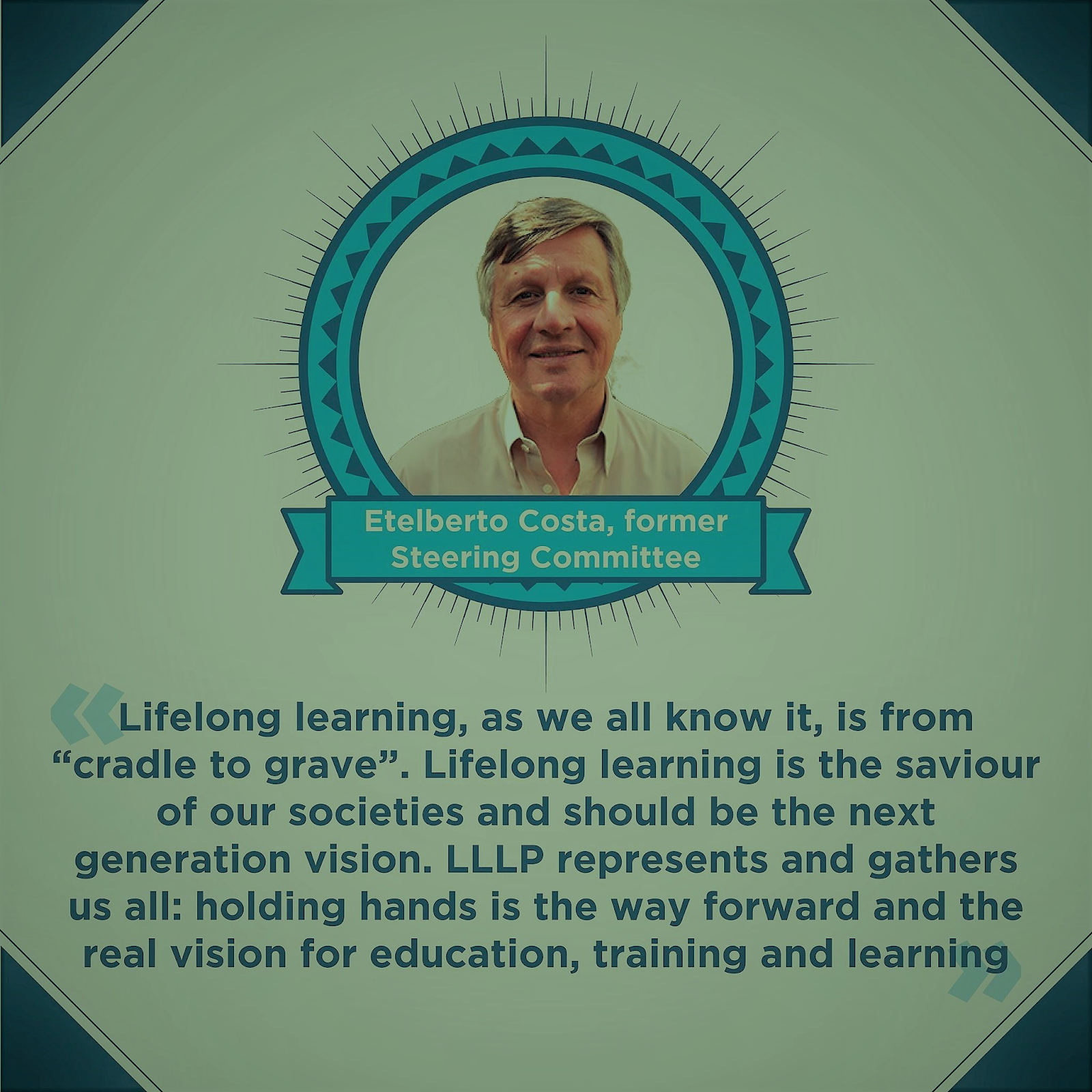WHSP: Conhecimento, património e empregabilidade (05novembro 2018) - AIP/Congressos

EPALE - Electronic Platform for Adult Learning in Europe Encontro “ Carreiras e trajetórias profissionais: desafios e novas perspetivas” Data: 5 de novembro Local: Centro de Congressos de Lisboa (Praça das Indústrias, Lisboa) WHSP: Conhecimento, património e empregabilidade - momentos de apelo à participação de todos os participantes, organizados em workshops Etelberto Costa (Embaixador Nacional da EPALE) e André Magrinho (Fundação AIP) – 14h30 // 16h15 CONTEXTO (para este whsp) O mundo do trabalho está a transformar-se profundamente e a uma velocidade vertiginosa, em razão do funcionamento integrado de uma nova geração de tecnologias digitais (internet das coisas, Big Data, realidade aumentada, robótica avançada,…), ligando o mundo físico ao espaço virtual. Muda o “tempo e o modo” como pensamos, aprendemos, trabalhamos, competimos, concebemos, distribuímos e acedemos aos bens e serviços. Acresce o desafio da transição energética associada à descarbonização das economi





